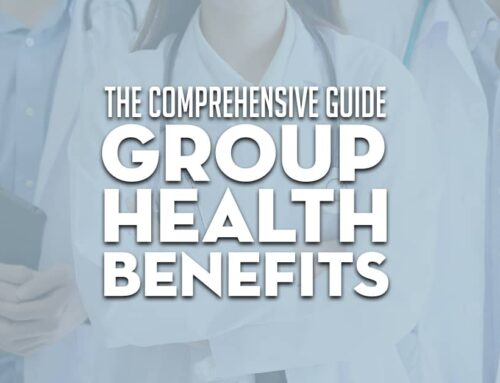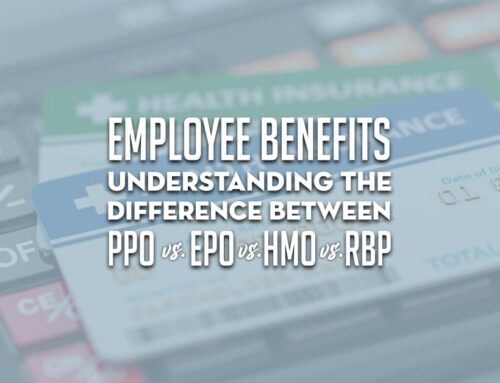Let’s face the difficult truth: everybody is at risk of injury and accidents. This is especially worrisome when it concerns your employees. If you’re a business owner, it’s likely that you have thought extensively about how to ensure your staff’s welfare through the benefits they receive.
One of the most important benefits to offer is disability insurance. There are two reasons why it’s important: the first is that it protects both the financial well-being of your business and your employees, and the second is to ensure compliance with the law!
Even if your state doesn’t require your business to offer disability insurance, there are still some merits in considering providing it for your employees. To drive that point further, here’s a rundown of why you must consider working with a medical insurance broker to offer it as a benefit for your employees:
What is disability insurance?
In case of an illness or injury, disability insurance pays for a portion of an employee’s salary for an extended period.
Why providing disability insurance matters
You may wonder if disability insurance is absolutely necessary for your business, especially if you have a relatively young and healthy workforce. Employers typically experience a low rate of enrollment when they offer this kind of insurance since yuppies are typically confident in their health. However, the statistics are worth looking at! According to the Social Security Administration, just a little over 25% of today’s 20-year olds will become disabled before they reach 67 years of age.
Businesses can also lose productivity when team members get injured or disabled. Not only that, but it can put a great deal of stress on the employer in caring for his or her employee’s well being over a long period of time. This makes it a difficult situation to navigate.
Given this, investing in a disability insurance program would appear to be a more prudent choice rather than letting the situation be.
Types of disability insurance
The two main types of disability insurance are short-term and long-term coverage. Both types cover a partial amount of your employee’s monthly basic salary with a cap (ex: up to $10,000 only) when they claim for disability. Many scenarios could take place that could cause someone to use their short-term or long-term disability insurance, such as some illnesses (heart attacks and major surgeries), car accidents, and other unfortunate and unforeseen scenarios.
Here are some of the main differences between long-term and short-term disability insurance:
Short-term disability insurance
- Replaces up to 60% to 70% of basic salary
- Pay duration is from a few months to one year, depending on the policy
- Has a short waiting period (around two weeks) after claiming disability before benefits are released
Long-term disability insurance
- Starts when an employee is unable to work longer than the coverage of short-term disability
- Replaces between 40% to 60% of basic salary
- Benefits are cut when the disability ends. Should the disability persist, then the benefits will end after a given age or at retirement age.
- Has a longer waiting period (around 90 days) after disability before the benefits are released
It’s important to note that neither short-term or long-term disability is meant to cover the employee’s entire salary. The partial coverage it provides, however, is tremendously helpful, especially for those who have little savings and rely on a monthly source of income.
Getting your employees to enroll
Employers have the option to offer disability insurance as a voluntary benefit. Educating your workforce on the key benefits and advantages is essential to make the most of your investment and avoid low enrollment.
Share information on each type of insurance and the details surrounding it, such as who pays for them—which is usually the top concern—how the plans work, and for which scenarios they are applicable. Including statistics on the probability of becoming disabled or injured in one’s lifetime will also encourage people to take advantage of the benefit being offered!
Conclusion
Disability insurance may initially seem like an extra benefit more than it is essential—but the truth is, people never truly know when they are at risk! The best thing employers can do is to invest and prepare accordingly. Both your employees and the business can benefit from this investment, so put some consideration in adding this as a benefit for your employees!
Are you looking for group health insurance brokers in Houston to help in finding disability insurance for your business? At Abbot Benefits Group, we offer small and medium-sized businesses with benefits, including dental, medical, life insurance, and disability insurance! Get in touch with us today to find out more about the services we provide!





